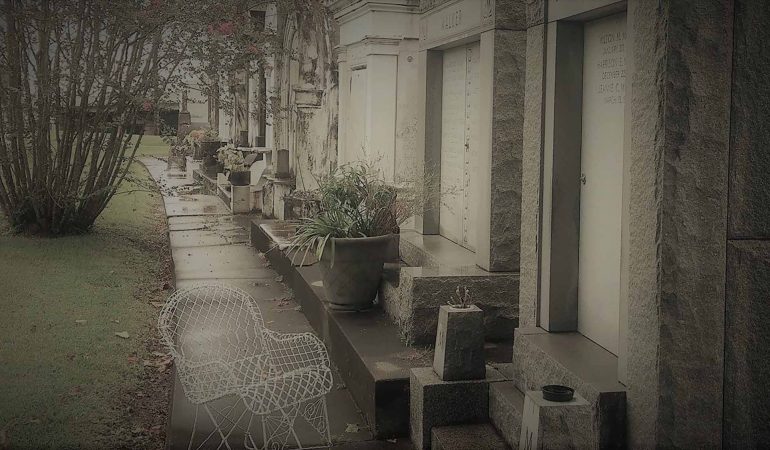As therapists, we are trained in theories to help clients work through issues and to recover from a variety of concerns. We can address trauma, anxiety, depression, PTSD,… you name it, we have a theory, and our goal is recovery. Always recovery. Resolution. In a time-limited and measurable progression.
Then along comes a client whose own time is limited. Whose diagnosis is not related ot mental health. Who is coming to you to learn to say goodbye.
Or a client who you’ve worked with for X amount of time, and who finally went to the doctor. That cough, that fever, that feeling has a name. It ends in “terminal.”
Now what?
This is one of those moments you want to really handle well. You want to help. After all, isn’t that why all of us became therapists?
Let me share a story with you. I think we all learn from the examples of others, don’t we?
When my first wife, Linda, was dying of pulmonary fibrosis, she was seeing a psychiatrist for antidepressant therapy. She’d developed the PF after chemo for breast cancer. Chemo can create depression all by itself. The psychiatrist saw her about every three months. On our last visit, she wanted to thank him for his care, his concern, and to say goodbye. Those moments are important for a dying person. They need to acknowledge their coming death, and to end relationships on their terms.
She told him, over the sound of her oxygen tank and conserver device (it sounds kind of like a respirator, making weird breath-like sounds to ensure you do not run through too much oxygen unnecessarily), that she would not be back. She asked the secretary to cancel future appointments. She knew she was dying. His response? “Oh of course you’ll be back. You’re not dying. I will see you in three months. We don’t need to say goodbye. You’ll be here.”
I was the one who picked up the pieces when we got out of there. Her effort to say the words she needed to say was rejected and shut down.
Why?
Because the receiver was not able to accept that she was, in fact, right. She was dying. She needed to say goodbye.
A month later I held her in my arms as she took her last breath.
What did she need from him? An honest response. The chance to be heard. A reflection about their relationship. The ability to thank him for his role in her life.
When you are faced with a client who is dying, the client’s need must come first.
They know how they are feeling- and if they think they will survive for a short time or a long time.
They know how tired they are.
They need to end your relationship, and to hear you say goodbye to them.
They need to close your place in their lives and to say what they need to say.
What is your role?
Absorbing. Accepting. Reflecting. Thanking
An ending..
Goodbye.
Your client does not need your denial. That belongs to you. They do not need your thoughts about what is coming. That belongs to them. They do not need your beliefs- they have their own.
They need support, for as long as they can make it to see you, and goodbye.
You cannot stop a terminal illness- you are a therapist, not God.
If they need it, help them get ready. If they are further than that, ask what they need, and give them their ending.
You may not like death, or be okay with it, but it is their reality, and you cannot stop it. You can help them on their path. And that is an exceptional honor for anyone.




